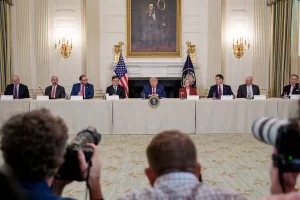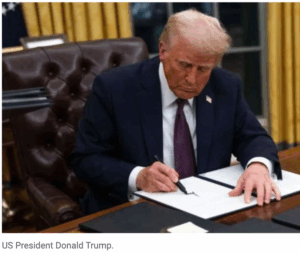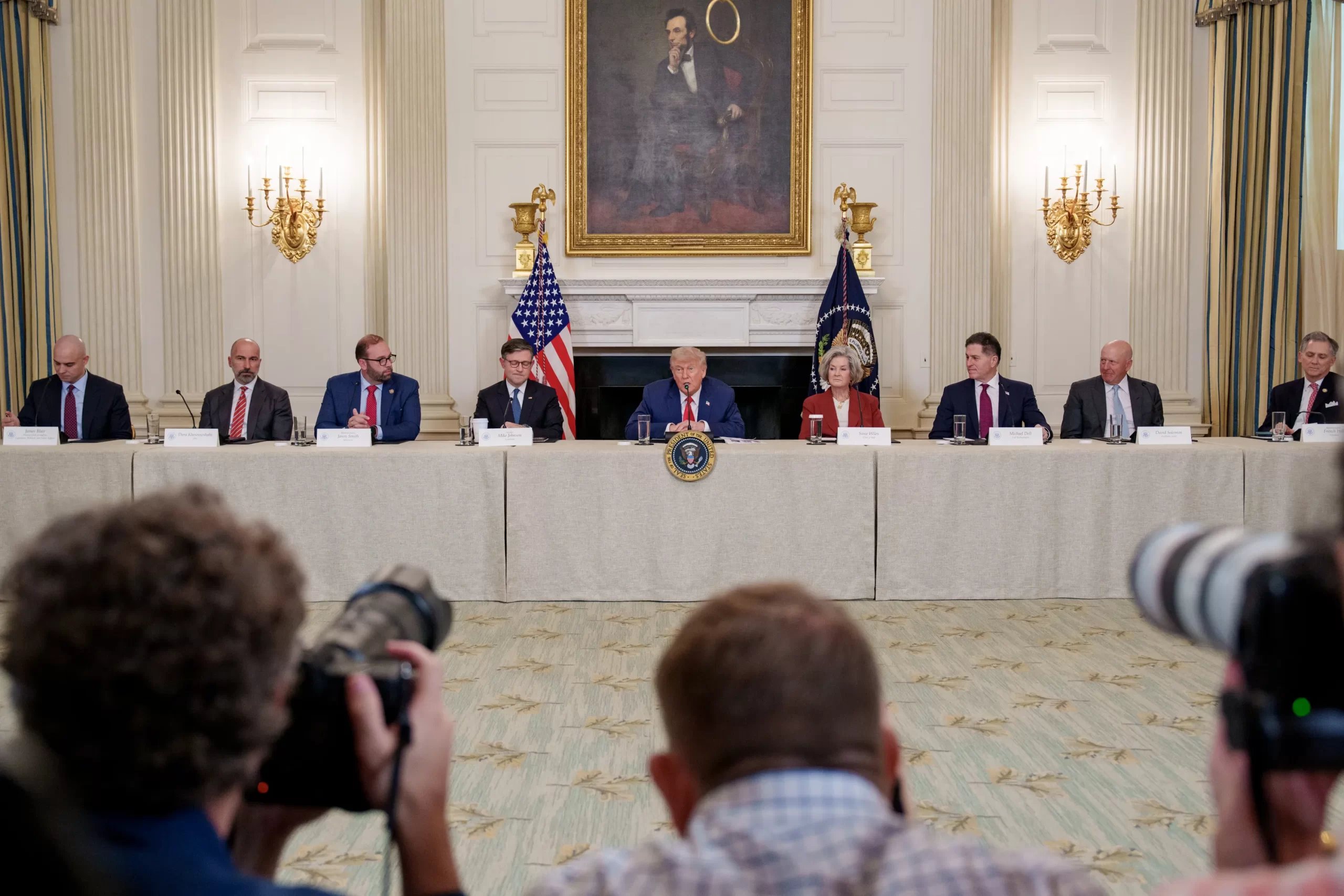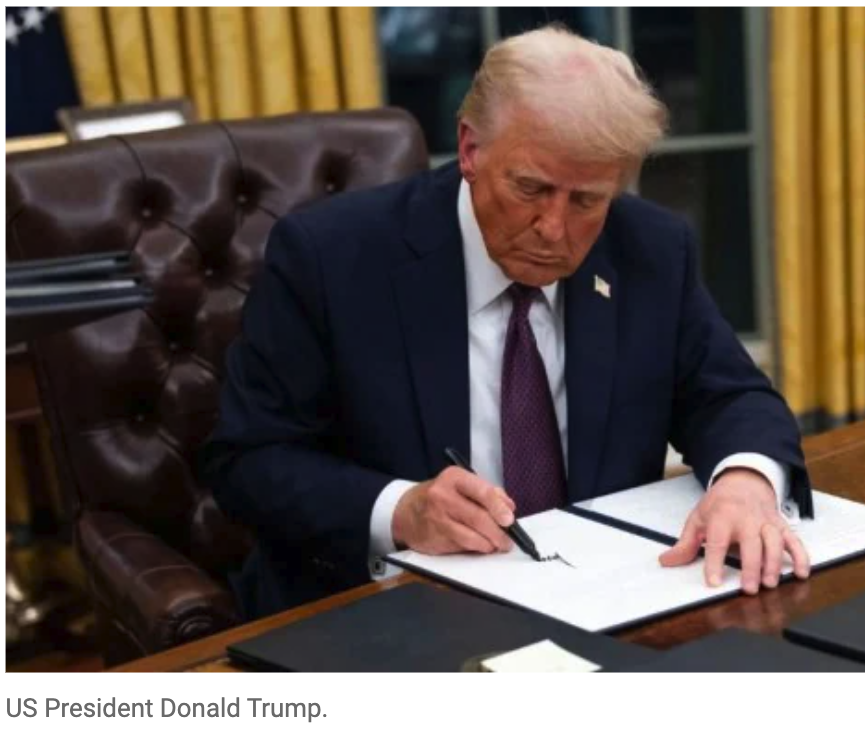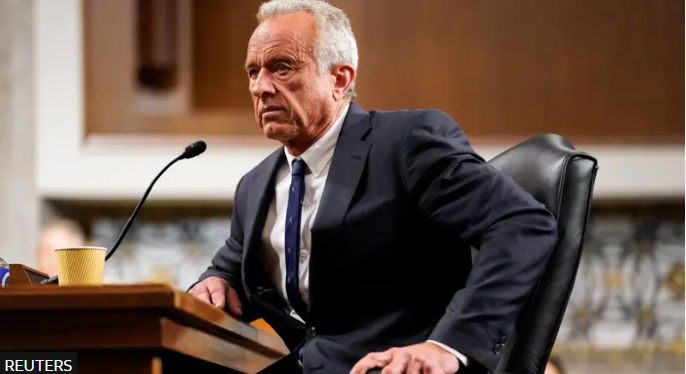Washington, D.C. — Robert F. Kennedy Jr., nominee for Secretary of Health and Human Services, attended his Senate confirmation hearing on Tuesday, where lawmakers questioned him on various topics related to his professional record and public health policies. The hearing highlighted key issues surrounding his nomination, including his views on vaccines, public health priorities, and past controversies.
Key Points Discussed During the Hearing
Vaccine Stance
Kennedy addressed concerns regarding his previous comments on vaccines, stating, “I am not anti-vaccine.” He emphasized that vaccines are essential to public health and noted that his children are vaccinated. The statement was made in response to criticism about his involvement in vaccine-related discussions.
Public Health and Nutrition
Kennedy spoke about the impact of processed foods on chronic illnesses in the United States. He mentioned his intention to prioritize public health initiatives to reduce chronic disease rates. During the hearing, he clarified that he does not intend to impose restrictions on dietary choices.
Abortion Views
The nominee described abortion as a “tragedy” and was questioned on his stance regarding women’s reproductive rights. Senators raised concerns about perceived inconsistencies in his statements on this issue, prompting further scrutiny.
Past Controversies
Senators questioned Kennedy about his alleged role in vaccine misinformation during a 2019 measles outbreak in Samoa. He denied the allegations, stating that he did not discourage vaccinations during his visit.
Senate Reactions
The committee’s response to Kennedy’s testimony varied. Democratic senators expressed concerns about his suitability for the role, citing his controversial statements and positions on key issues. Republican senators were divided, with some supporting his nomination and others raising questions about his ability to lead the Department of Health and Human Services.
Next Steps
The Senate Finance Committee is expected to vote on whether to advance Kennedy’s nomination to a full Senate vote. The outcome remains uncertain as lawmakers continue to evaluate his qualifications and policy proposals.



